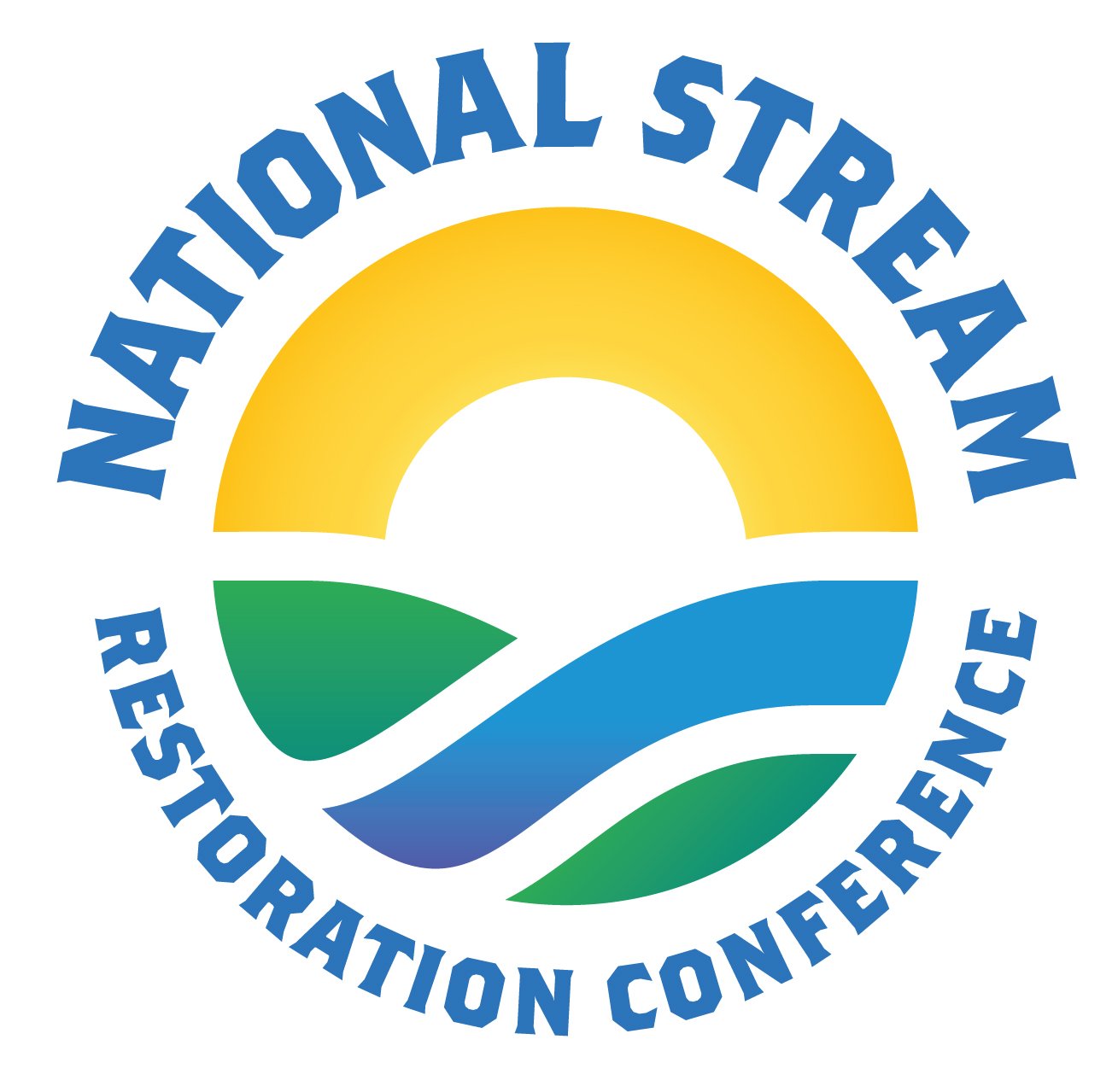Floodplain Restoration for Fish, Floods, and Climate Resilience
Caitlin Alcott, CE
Inter-Fluve, Inc
Hood River, Oregon
The Vinegar to Vincent Habitat Restoration Project restored vital floodplain habitat for endangered salmon populations along a 1.2 mile stretch of Oregon's John Day River. This once highly productive wet meadow was historically impaired by beaver trapping, heavy agriculture use, and channel straightening. The river was pinned between a highway and a railroad berm. Restoration included removing old irrigation diversions, filling the channel, removing the railroad levee and excavating 3 miles of restored channels. Channels were designed so that floodplain would be activated regularly throughout the year to allow greater floodplain habitat and natural evolution of stream processes. Additionally, we installed instream habitat and planted over 30,000 native trees and shrubs. This work allowed the river to reconnect to colder groundwater sources while more than doubling the amount of available instream habitat. The project was designed by Inter-Fluve in collaboration with the Confederated Tribes of Warm Springs Reservation of Oregon and US Bureau of Reclamation Tributary Habitat Program. Two-dimensional hydraulic modeling informed grading that met multiple cultural and habitat values. Ongoing monitoring and adaptive management and stewardship are in process by the tribes. This project provides a model for river restoration that respects sites' cultural significance and advances climate resilience while benefitting endangered species.
About Caitlin Alcott, CE
Coming Soon
